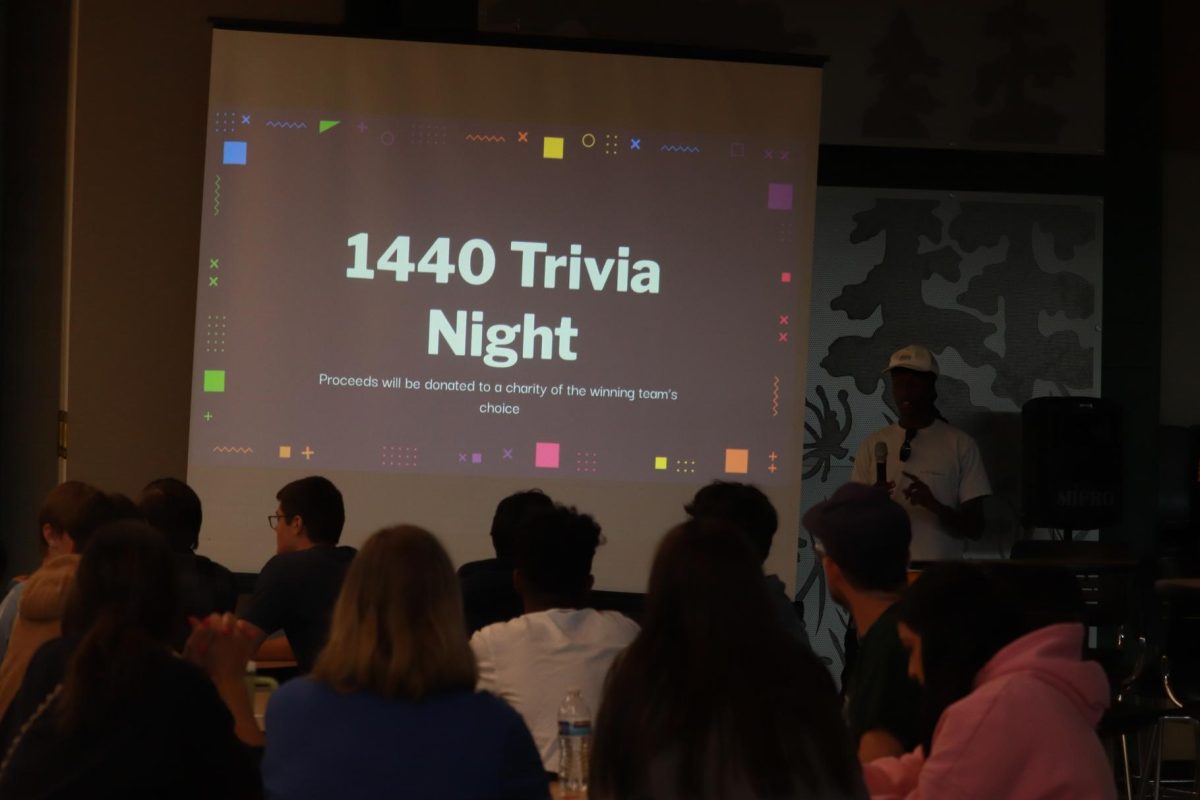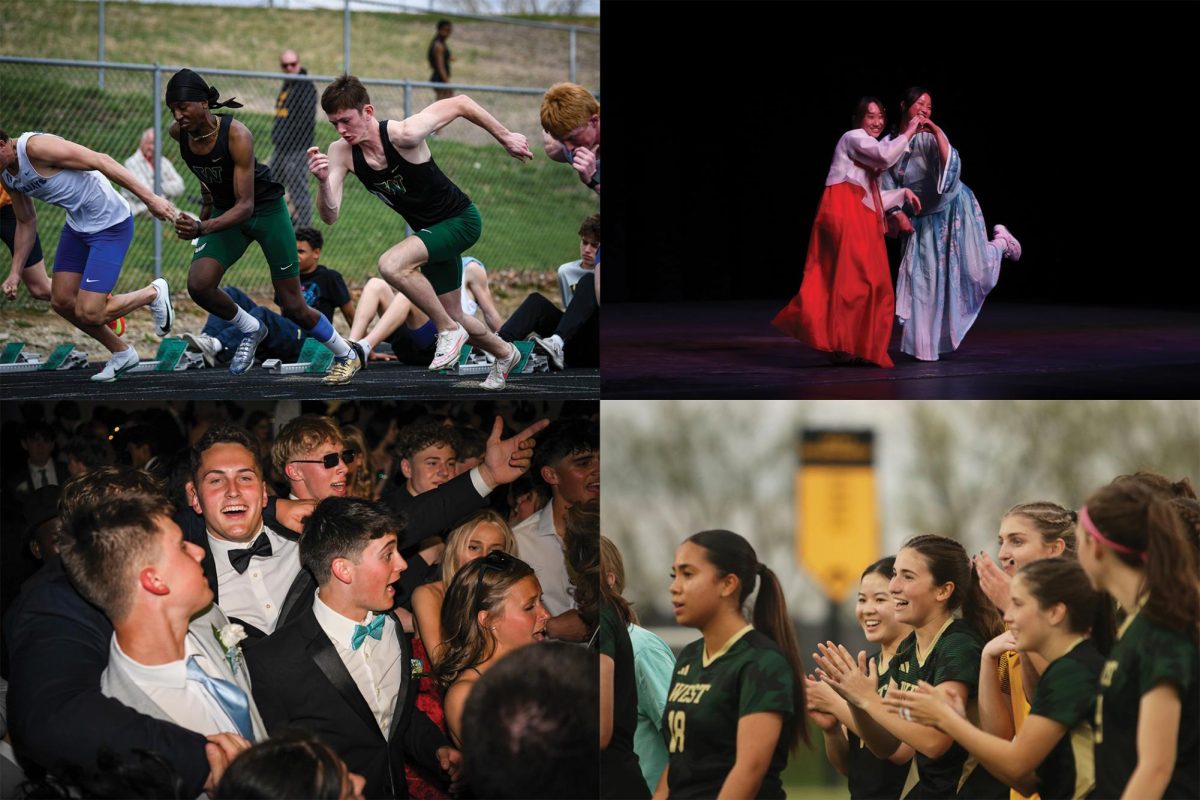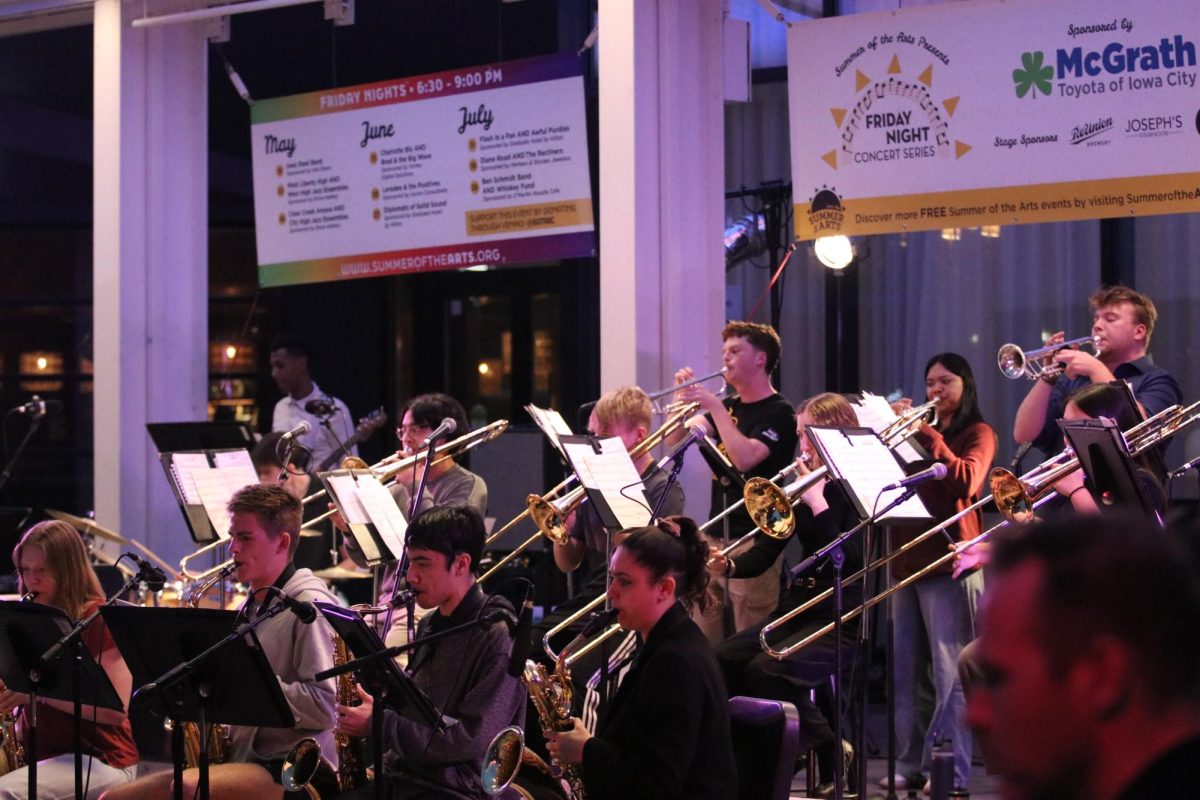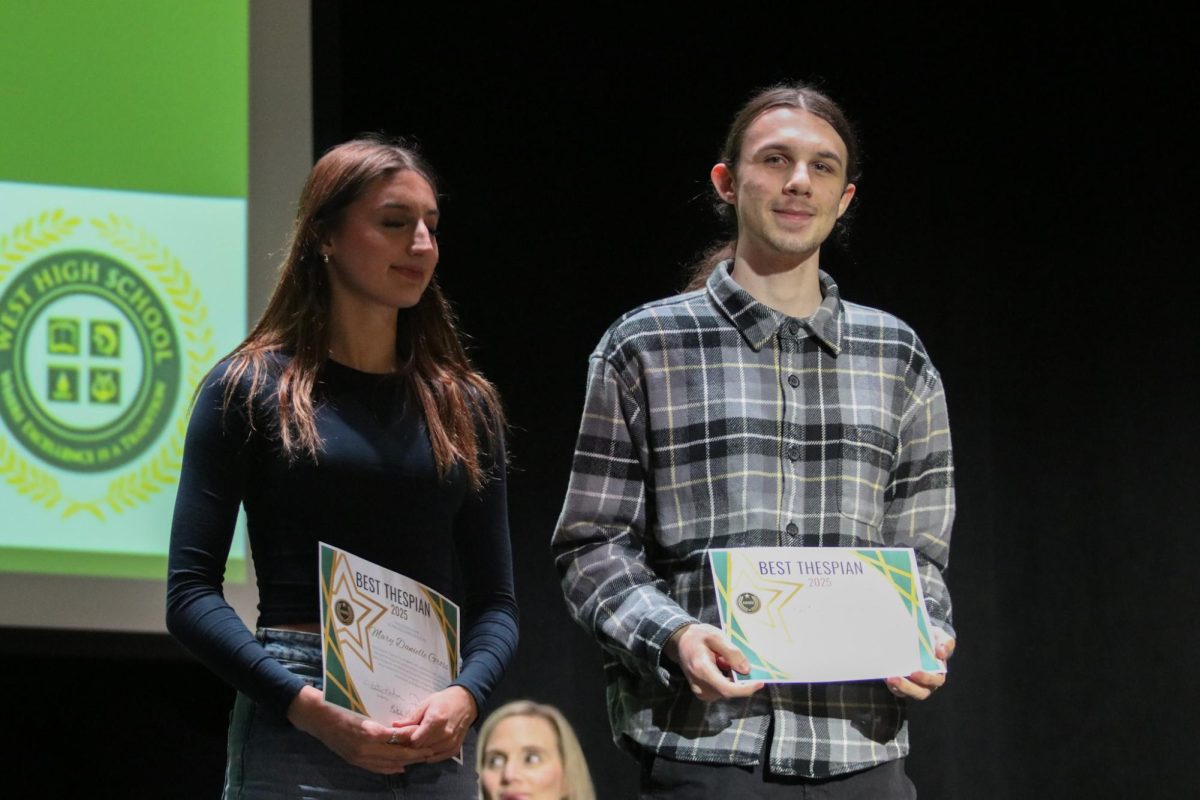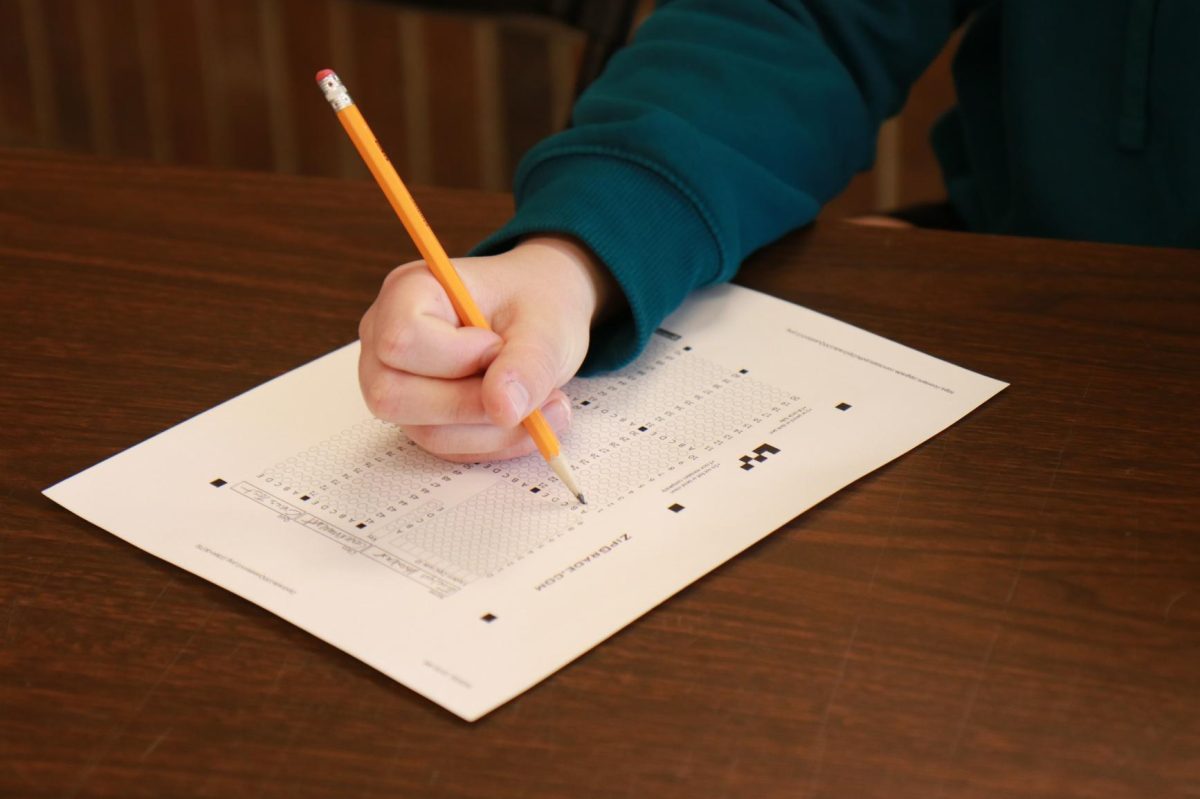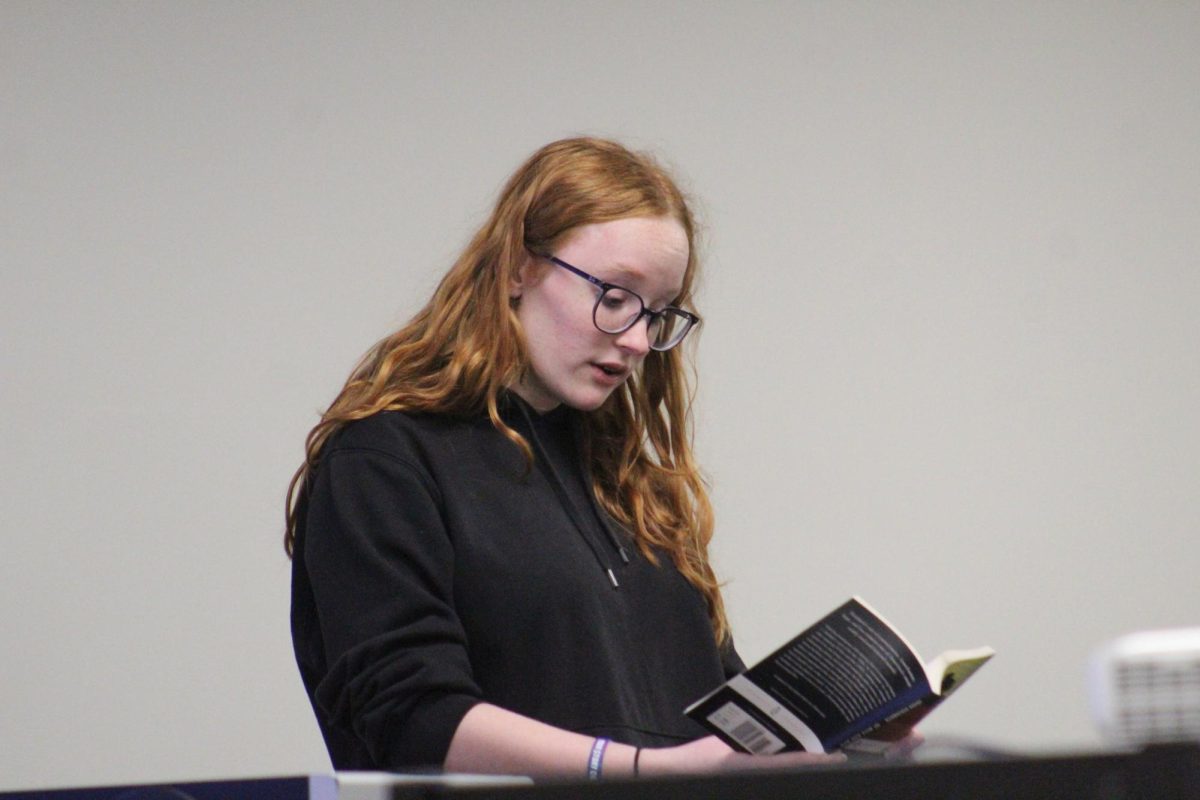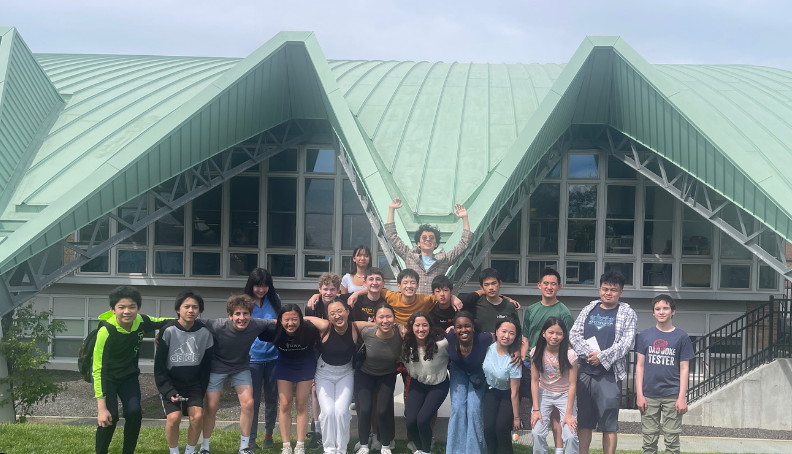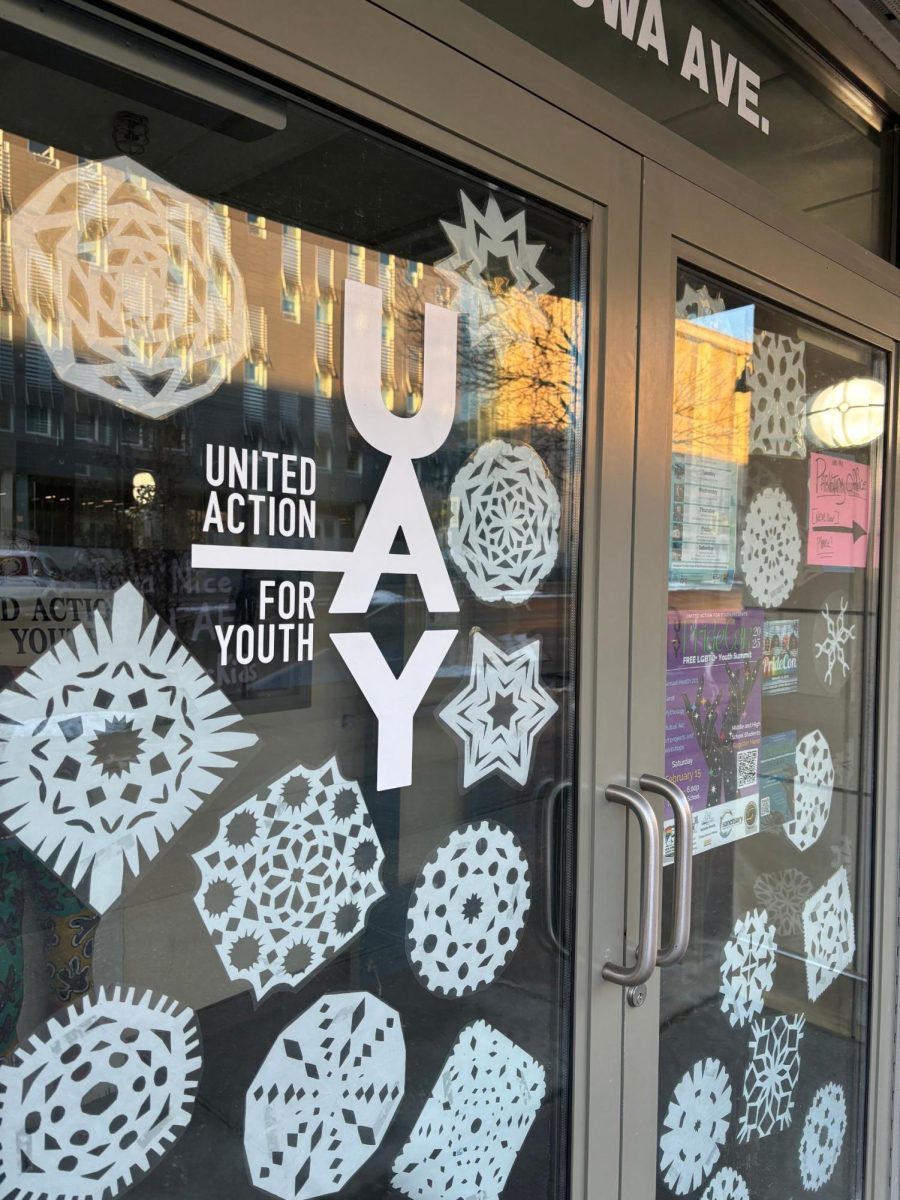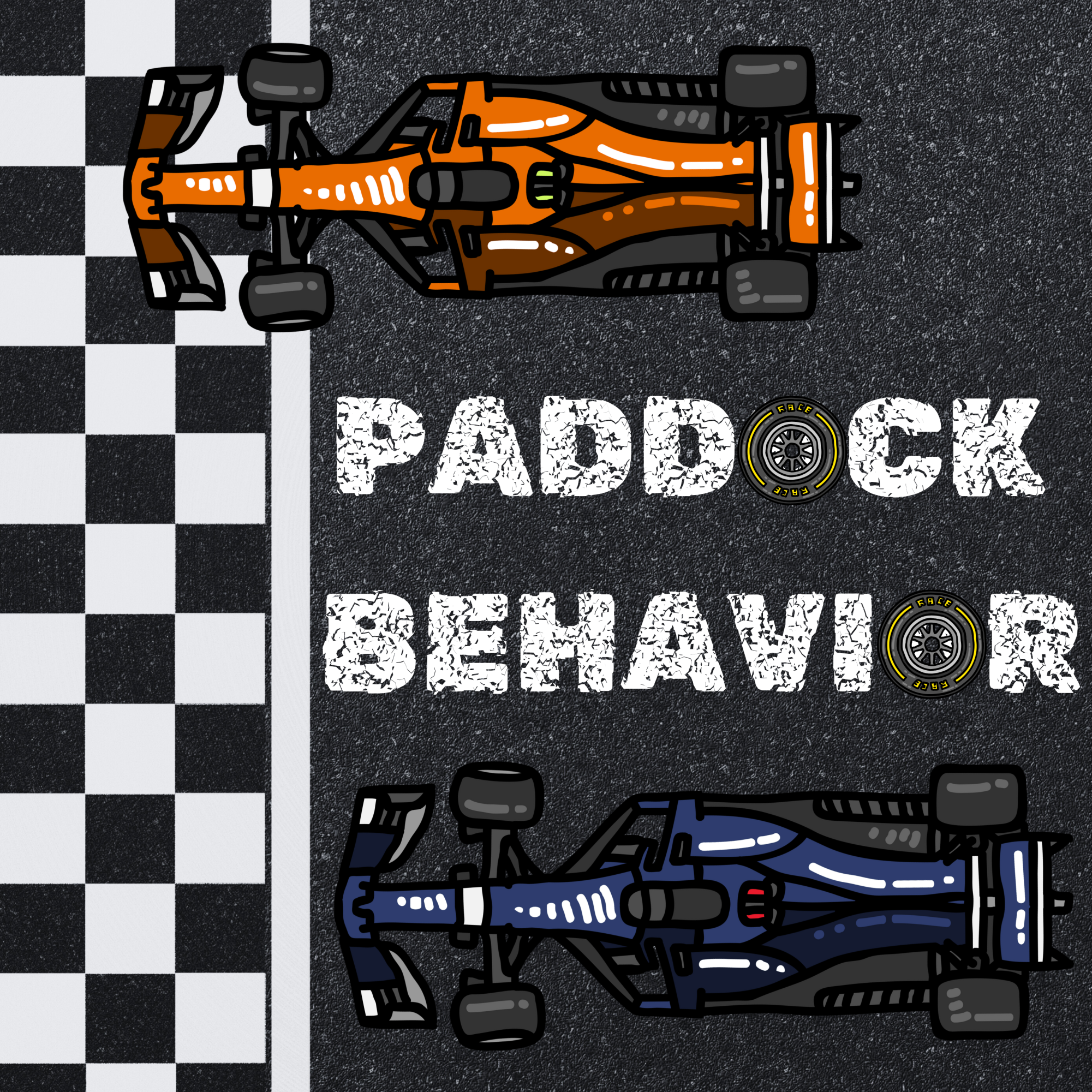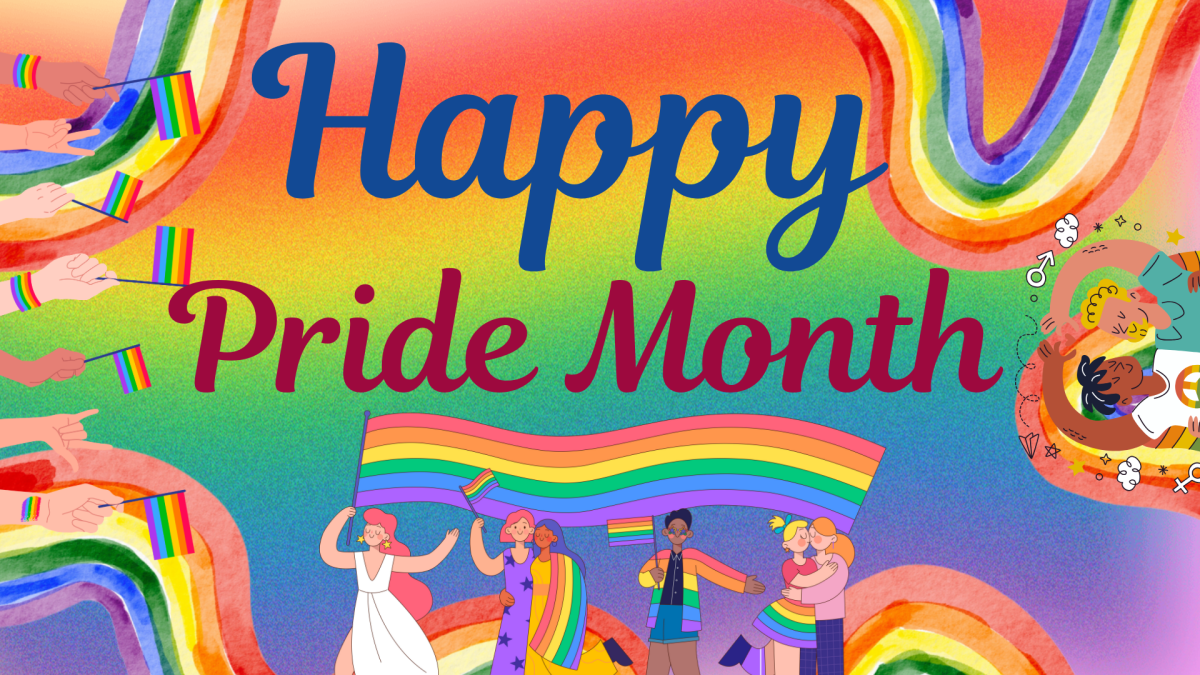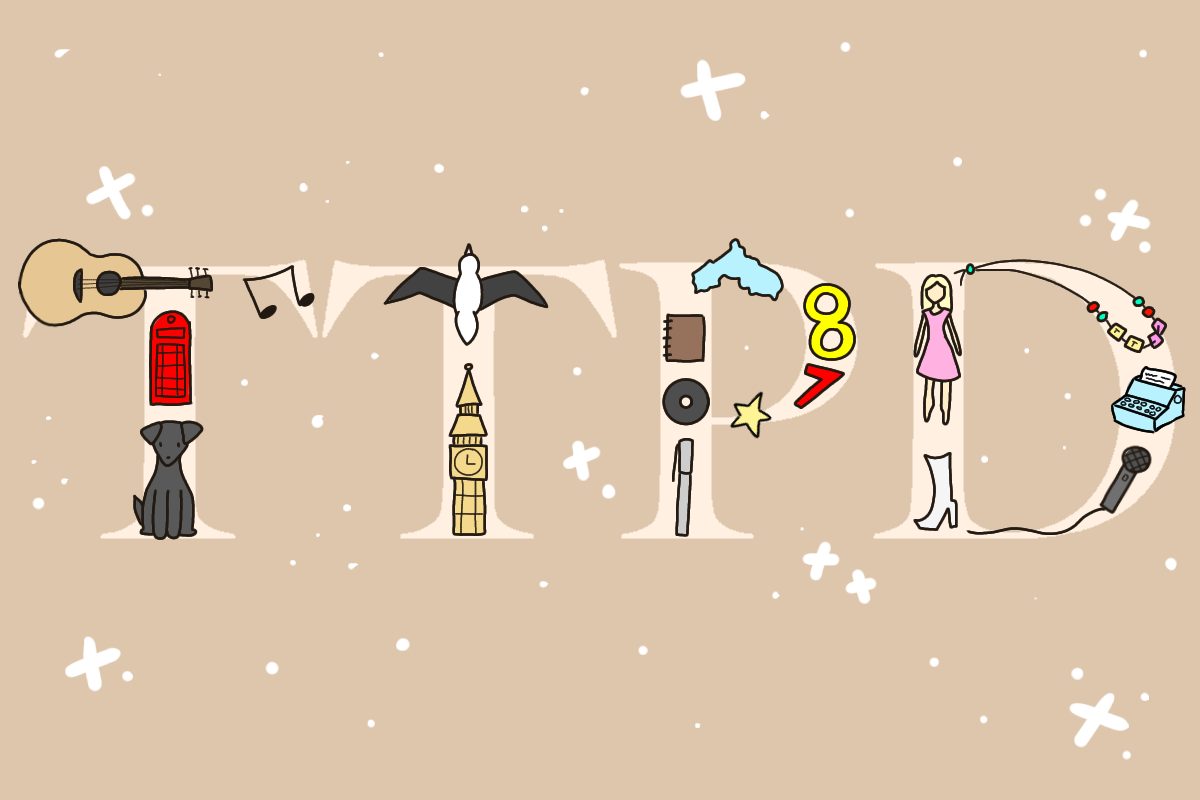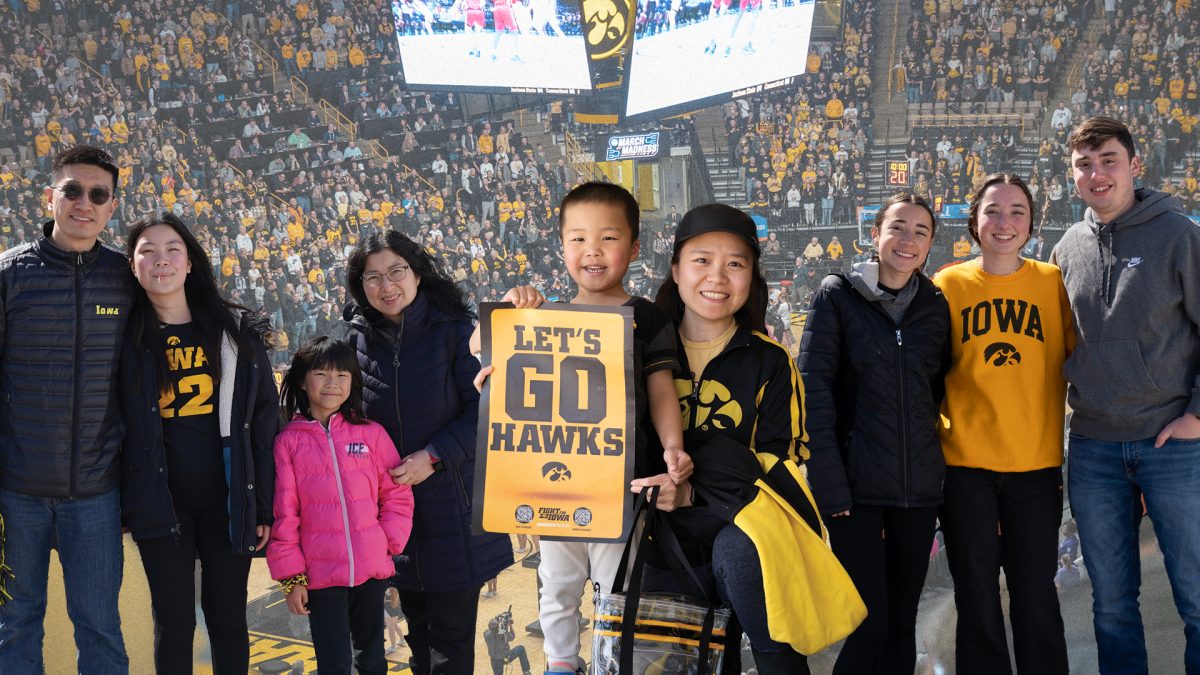Welcome to the first episode of Tech Talk! Let’s Chat: GPT features a special guest, West English teacher Kerri Barnhouse. This episode explores the pros and cons of this new technology and dives deep into how AI platforms such as Chat GPT impact young writers and the future of the workforce.
Music and sound credits: Pixabay
Emily Hagiwara: Welcome to another episode of TechTalk with your host Emily!
Avanley Jones: And Avanley!
Hagiwara: Today’s episode: AI Insight, let’s Chat… GPT. Join us as we navigate the realms of technology, ethics, and innovation, delving into how AI is reshaping industries, challenging norms, and sparking conversations that shape our future. Get ready for a thought-provoking discussion and an insightful interview that unravels the complex tapestry of AI’s influence on society. Welcome to the forefront of the AI revolution!
Jones: That intro, by the way, was AI generated by ChatGPT. Generating a script does not even scratch the surface of what AI can do.
Hagiwara: Now, we will continue to investigate Artificial Intelligence, without using Artificial Intelligence *chuckle*, and teach you how it will shape the future of GenZ writers.
Jones: The use of AI has spiked amongst our generation. People rely on AI in their everyday lives in so many different ways.
Hagiwara: Okay, First, let us take a look at how AI has affected one of its most common users; writers. When it comes to writing, there are so many new sources of AI to help your writing, but a lot of users don’t even realize it.
Jones: We went around our school asking students if they’ve ever used AI. Many of them said no at first, but when we asked them if they’ve used Grammarly or an essay grader or even the suggestion tool on Google Docs, 100% of them said yes.
Hagiwara: Another source of AI that’s been growing is ChatGPT. ChatGPT is like a smart text buddy. It understands what you say and can chat with you on various topics. It’s made by OpenAI and uses advanced technology to handle conversations and generate text that sounds like a human wrote it.
Today we brought in a special guest who can give a little more insight on how the use of AI has affected student writers from a teacher perspective. With us today, we have an English teacher of 34 years from Iowa City West High School, Kerri Barnhouse
Kerri Barnhouse: The only way I’ve seen it used is when kids have submitted an essay that was AI generated.
Gianna Liu: A study by Forbes showed that almost half of the students use AI and much more for writing than for STEM subjects. We asked Barnhouse why she thinks students would even use AI
Barnhouse: I suppose it’s the same reason they resort to anything that would be considered cheating. You know, sometimes kids get overwhelmed, and they don’t think they can get something done [and] fall behind in their work. I think sometimes they’re worried about a grade, and they’re afraid that they’re going to lose their A. So they do it for probably lots of reasons. Don’t they want to work hard?
Liu: We then asked How she thinks AI impacts our education. Here is what she said.
Barnhouse: It’s something that’s been lost in the satisfaction of work. [The] I’m working hard and thinking hard [mindset] and the challenge. Where did that go? I know not everybody loves school. I know that right? And I know that it’s on [teachers] to make it engaging and we have to adapt as the times change and we have to think about what kinds of things we’re asking you to do that might make you inspired or make you feel like” yes, this feels valuable to me.” But at the heart of all of it is originality and integrity but also critical thinking and creativity and I want you to still want to do that. It’s so much easier just to type it in and have it get produced, and if I don’t really like school anyway and I don’t see any point in doing this, then why wouldn’t I do that? So that battle for a teacher, I feel like I’ve always been able to convince kids that it’s worth it. You know that it’s worth it not to Google something. Remember when I used to say that? “This is when you want to google it right? Let’s see if we can figure it out.” Like figuring out a piece of literature and stuff, I used to be able to convince kids to buy in on that, and that’s getting harder.
Jones: It’s truly interesting to hear about the impacts of AI on students from a teacher’s perspective. Thanks to Mrs. Barnhouse for all her insight.
Liu: Now, I’d like to take on a new perspective of AI by investigating how it affects Gen Z’s future and how we should proceed with these tools.
Jones: In recent years, the world has become increasingly aware that job opportunities are vanishing due to the increase in technology and artificial intelligence. But is Gen Z prepared to fight for careers in our competitive workforce?
Liu: Maybe not… A study by Cangrade showed that while AI is affecting 40% of jobs, 26% of Gen Z workers can’t stand their jobs, with 17% vowing to quit.
Jones: On a different note, Gen Z workers value diverse career paths that focus on entrepreneurship and creativity. Our future workforce will change regardless of how AI interferes with it. These older jobs taken over by new technology might just be the push to create new types of work for future generations.
Liu: While AI is an incredible tool that pushes limits, it often lacks the personal touch we as humans desire.
Jones: There will always be pros and cons, but it’s exciting to think about how AI will continue to revolutionize our society. We encourage you to think about how AI will affect your future.
Liu: Until the next episode, keep questioning, exploring,
Together: And seizing the opportunity.




